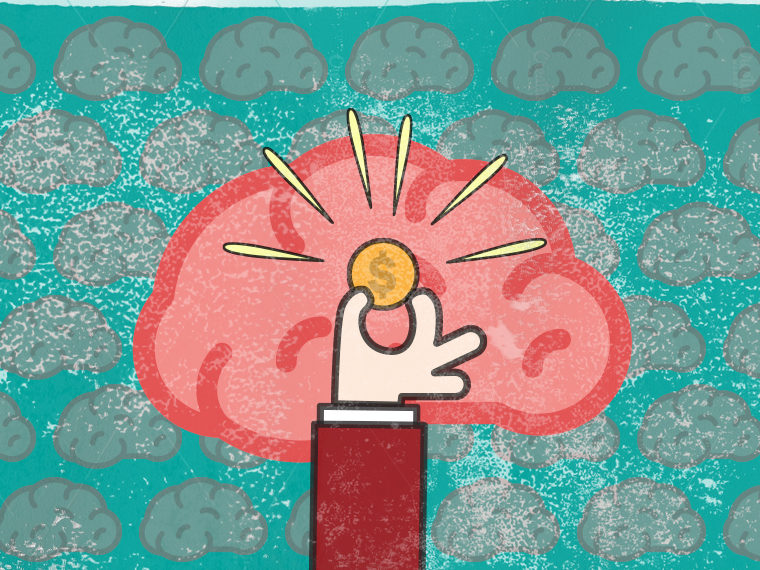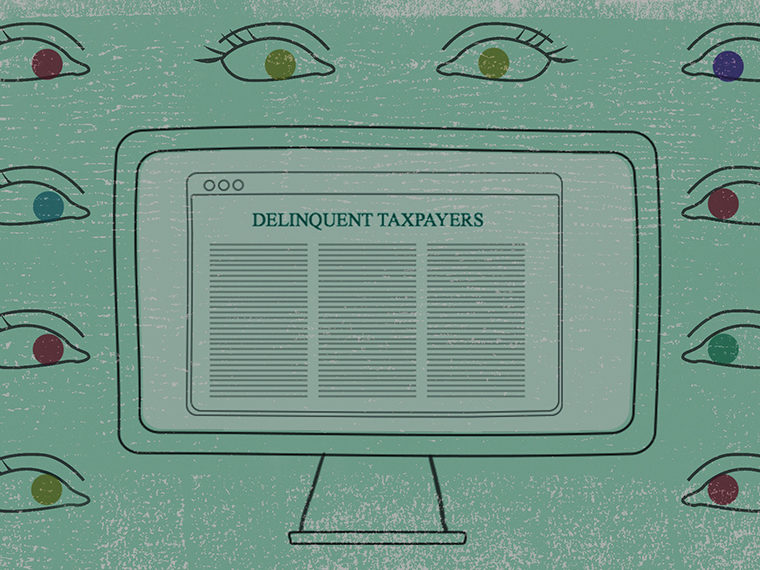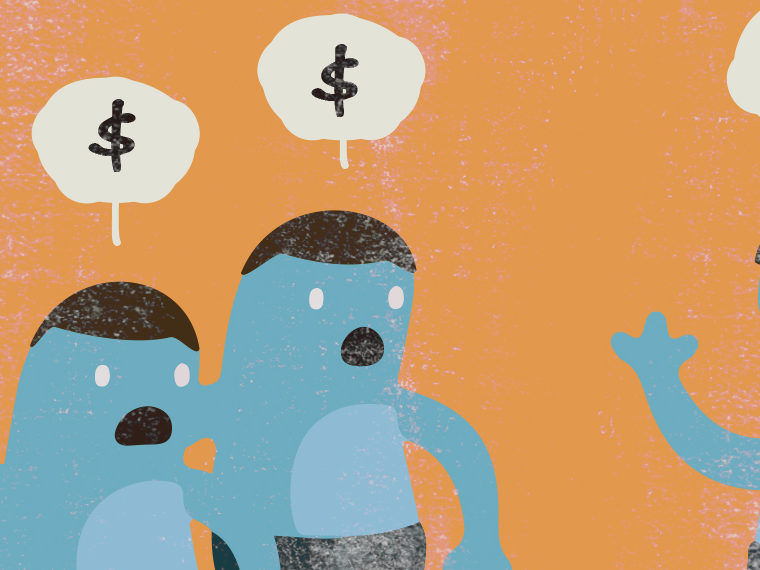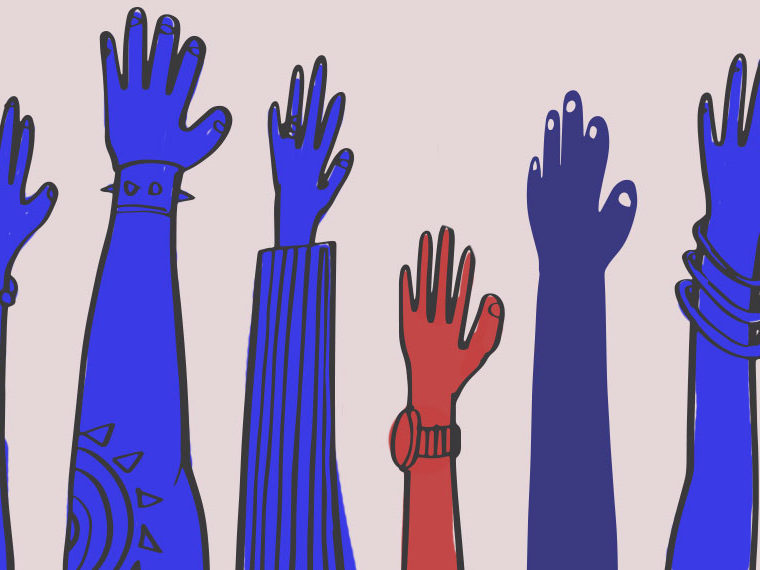Ricardo Perez-Truglia
Professor of Economics; Justice Elwood Lui Endowed Term Chair in Management
About
Ricardo Perez-Truglia’s research interests include behavioral economics, political economy and public economics. He studies how social interactions and information frictions shape economic and political decisions and intends his research to inform policymakers in the developed and developing world, leading to practical applications.
Topics

17 Articles

How knowing your colleague’s salary could hurt you
Many assume salary transparency will benefit employees, but there are downsides too

Some Homeowners Put Off Sale When Told of Likely Rise in Market
Investors who don’t occupy a home are likelier to delay for top dollar

Political and Charitable Giving: One Rises, the Other Falls
In an election year, that’s bad news for organizations like the American Red Cross

All Along the Pipeline, Men Promote Men
At one bank, the cumulative effect of male bonding accounts for 39% of the gender pay gap

Americans Want to Help Poor People, but Only the Hard-Working Poor
Biases around race, nation-of-origin and disability are small compared to the preference for helping the diligent

How People Gather Information — or Don’t — to Make Decisions
Personal beliefs, especially among the less educated, often outweigh actual data

Businesses Vastly Overestimate the Likelihood of Being Audited
Should tax-collecting agencies keep audit activity secret to discourage cheating?

Pay Transparency: Will It Help or Hurt Workers?
Many assume salary transparency will benefit employees, but research suggests downsides, too

Do People Donate Money to Signal Their Intelligence?
Research suggests such a connection when donations are publicized

Shaming of Tax Delinquents Works
34,334 letters were sent to test how sensitive those owing back taxes are to neighbors’ knowledge of the debts

In a Global Church, Even a Widely Publicized Scandal’s Impact is Decidedly Local
Revisiting research on Catholic clergy sex abuse: Pennsylvania can expect fewer churchgoers and a painful decline in charitable contributions

It’s OK if the Boss Earns More, but a Problem When Co-Workers Do
Study of a large corporation explores how salary comparisons affect employee behavior

Citizens Are Not Fooled by Fake Statistics
What happened when the Argentine government lied about inflation numbers?

Campaign Contributions Swayed by Neighbors’ Politics
A field experiment using public donation data indicates peer pressure matters

$54,000 a Year: It Feels Like More If Your Neighbors Make Less
Ricardo Perez-Truglia’s research uses relocation choices of medical residents to study feelings about relative income

Boo! Does Merely Mentioning an Audit Increase Taxpayer Compliance?
Research undermines the notion that companies coldly calculate tax avoidance